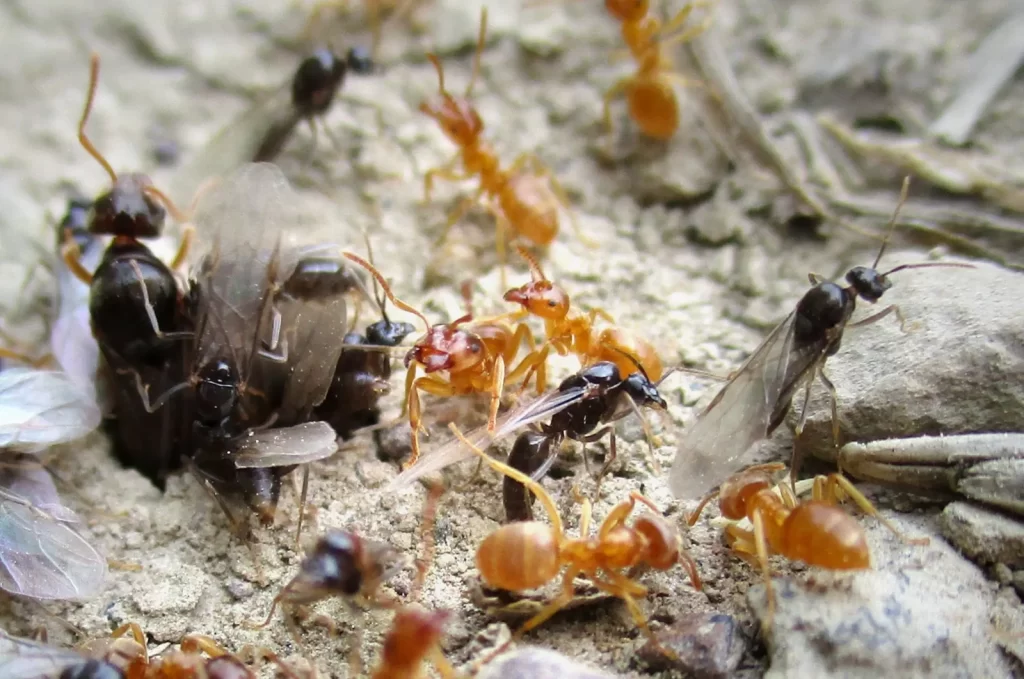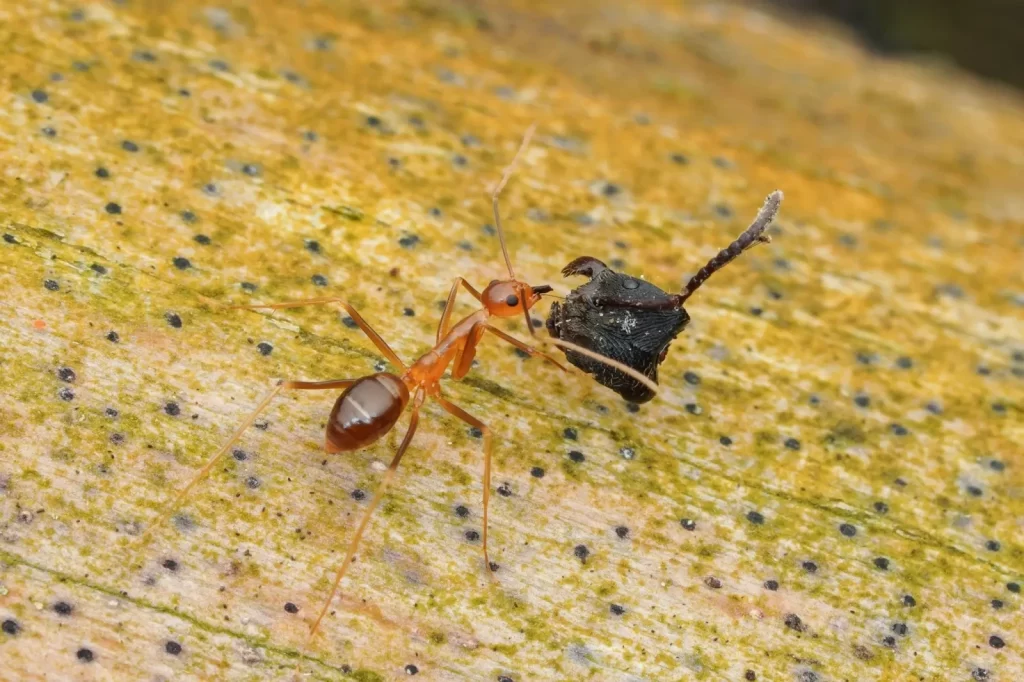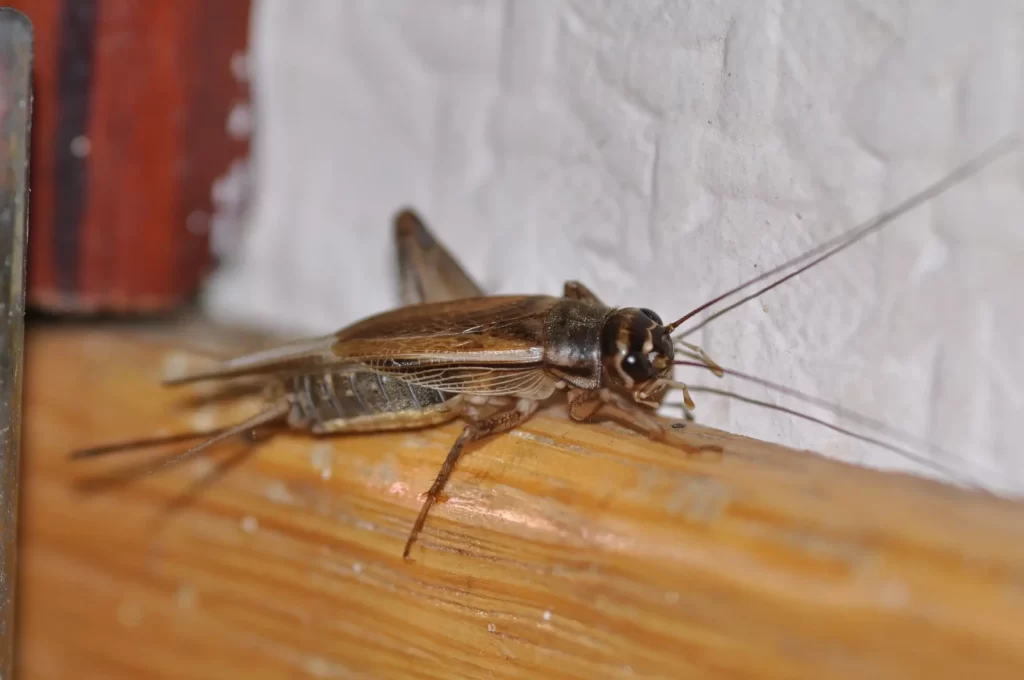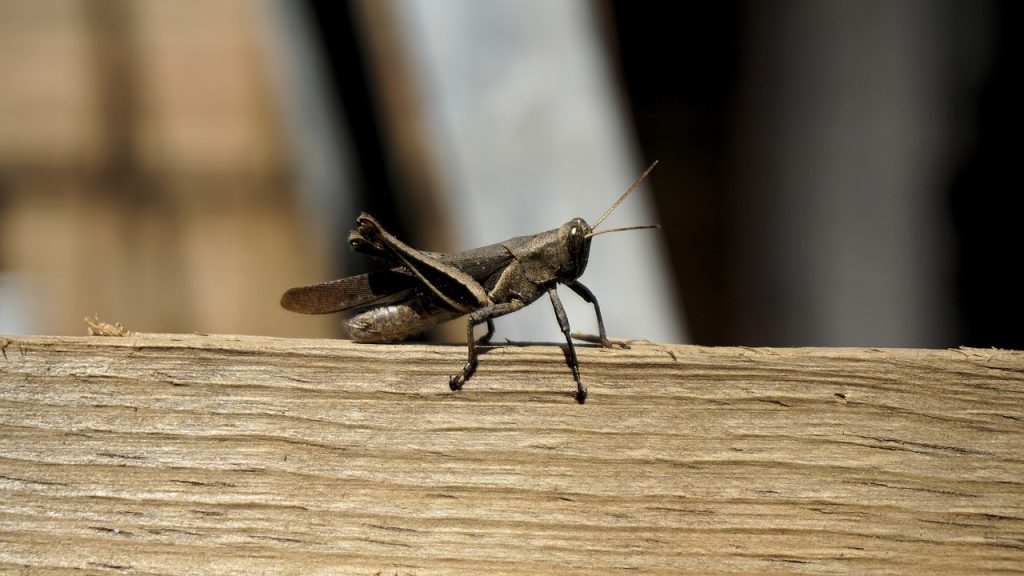Bed bugs are a common concern in homes, hotels, and even public places like movie theaters. Being aware about how to check for bed bugs is essential for preventing infestations and protecting your health. This guide has detailed instructions on how to identify bed bugs, whether you’re at home, in a hotel, or checking furniture like a couch.

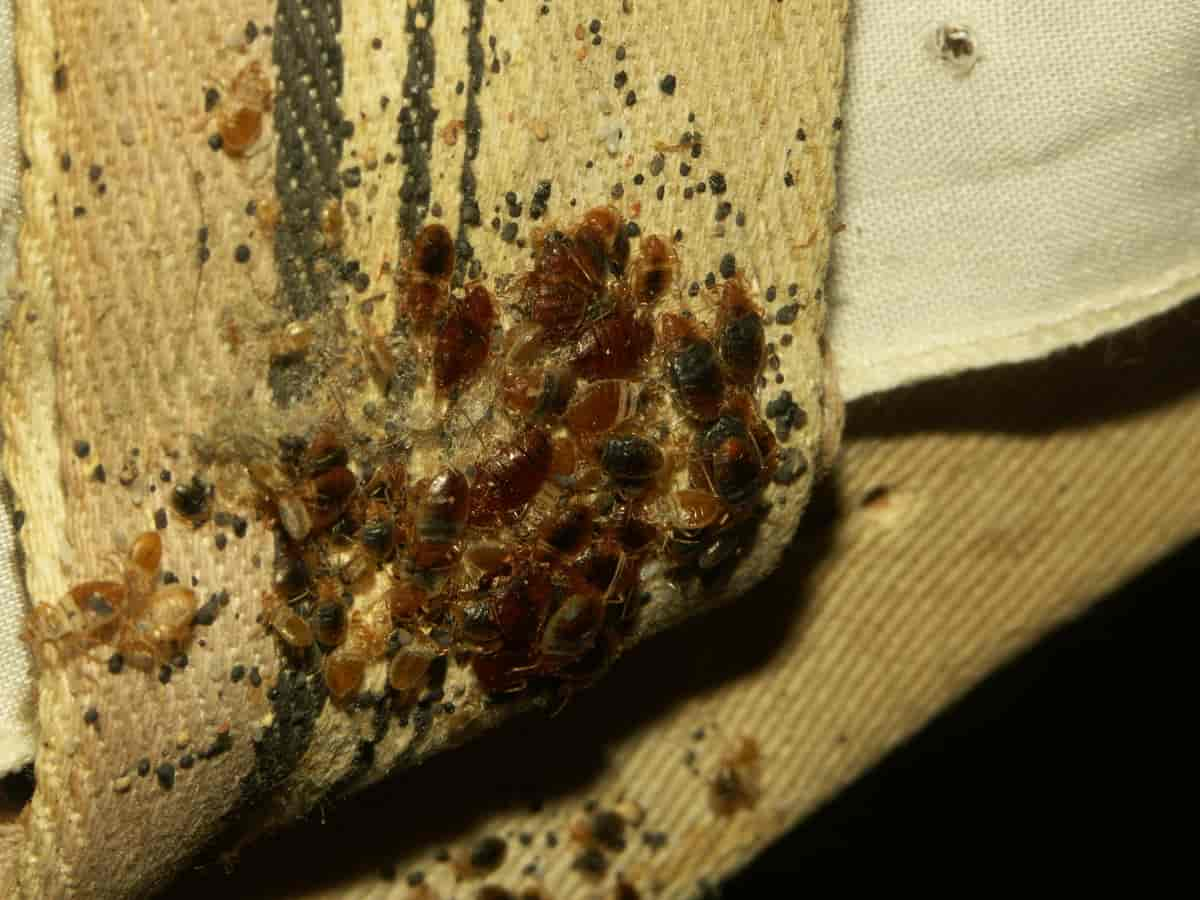 Myths and Facts About Bed Bugs
Myths and Facts About Bed Bugs
Checking for Bed Bugs at Home
It’s important to be thorough and methodical while checking for Bed Bugs at home. Start by inspecting your mattress and bedding. Bed bugs are small, flat, and reddish-brown, often hiding in seams, folds, and crevices. Use a flashlight to look for live bugs, shed skins, or tiny, rust-colored spots, which could be dried blood or excrement. After examining your mattress, move on to your bed frame, headboard, and nearby furniture. Bed bugs tend to hide in openings and gaps during the day, so carefully check these areas. It’s also a good idea to inspect the seams of couches and chairs, as well as the edges of carpets and baseboards. If you’re concerned about skin or body reactions, such as unexplained bites or rashes, it’s worth considering a bed bug inspection. Bed bugs are mostly active at night, i.e. nocturnal, and typically feed on exposed skin while you sleep. Look for small red welts that are often itchy and appear in clusters or lines. These bites can occur on any part of the body that’s exposed while sleeping.
How to Check for Bed Bugs in a Hotel?
Traveling comes with the risk of encountering bed bugs in hotels. Look out for bed bugs in a hotel room to save yourself from bringing these pests home. Don’t place your luggage on the bed or floor until you’ve completed a bed bug inspection. Begin by checking the bed. Strip the sheets and inspect the mattress seams, particularly the corners, for any signs of bed bugs. Examine the headboard, as these pests often hide in crevices and behind it. Don’t forget to check upholstered furniture, like couches and chairs, as bed bugs can easily hide in fabric folds and seams. If you find any signs of bed bugs, inform the hotel management immediately and request a room change. It’s also wise to inspect your luggage and clothing before leaving to ensure you don’t bring any unwanted guests home.How to Check for Bed Bugs on a Couch?
Bed bugs don’t just infest beds; they can also make themselves at home in couches and other furniture. Having an understanding of how to check for bed bugs on a couch is crucial, especially if you’re considering buying second-hand furniture. Start by removing the cushions and carefully inspecting the seams and zippers. Use a flashlight to check the frame and any crevices where bed bugs could hide. Look for the same signs you would on a mattress: live bugs, shed skins, or small rust-colored spots. If you’re checking a couch that’s already in your home and you suspect an infestation, also inspect nearby furniture and the edges of carpets. Bed bugs can easily move between furniture and other parts of your home. Myths and Facts About Bed Bugs
Myths and Facts About Bed Bugs
| Myth | Fact |
| Bed bugs only infest dirty homes. | Bed bugs can be found in clean environments too, as they are attracted to warmth and carbon dioxide, not dirt. |
| You can only get bed bugs from a bed. | Bed bugs are able to live in many places, including couches, luggage, and clothing. |
| Bed bugs are too small and can not be seen with the naked eye. | While bed bugs are small, they are visible without magnification, especially as adults. |
| Bed bug bites always cause severe itching. | Reactions to bed bug bites differ from people to people. Some may not react at all, while others experience severe itching. |
| Bed bugs spread diseases. | Bed bugs do not carry diseases. However, their bites can cause discomfort and allergic reactions. |
